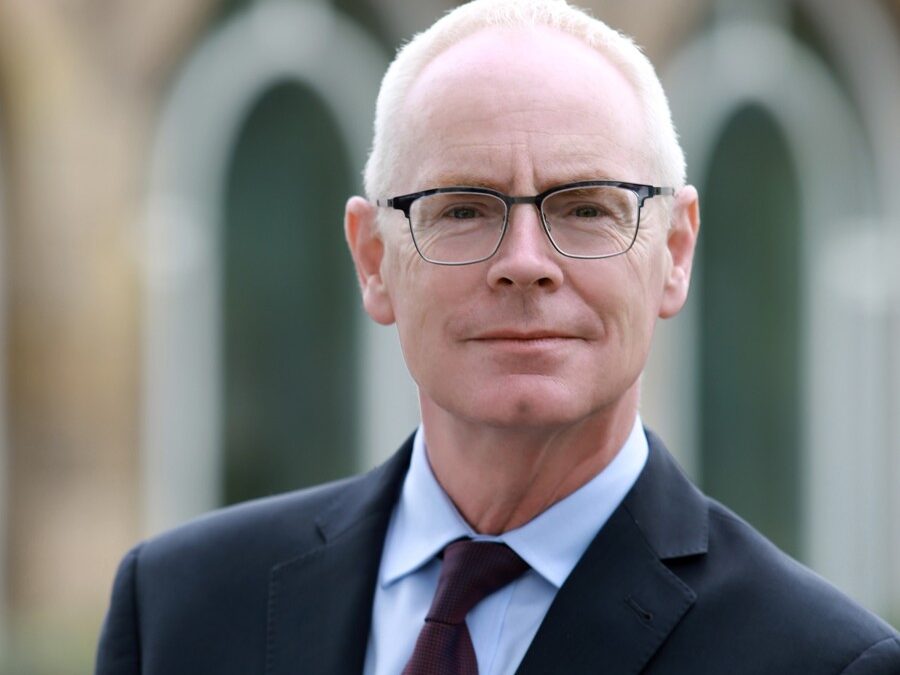by Donal Laverty, Consulting Partner
The technical aspects of COVID-19’s challenges are perhaps the most straight forward – the NHS has re-configured itself, resources (mostly) are being allocated, and increasing amounts of data are being gathered to guide decisions. While there is no instant fix to an infectious disease outbreak, and there are many potential missteps, the path to dealing with the emergency is clearer. What is more challenging — and affecting far more individuals, organisations and communities — are the human dimensions of the response and more particularly the leadership challenge of this time.
While many will play defence and contraction during a crisis, there is an opportunity to be aspirational as well. There is an opportunity in the adversity of the situation for a leader and a team to rise to its absolute best by focusing on how you may all emerge from this incident stronger, more engaged, and more capable than you were before. Creating such conditions calls leaders to reassure and encourage everyone throughout the enterprise that “we can do it” and then supporting them both at work and at home.
This requires a certain set of skills we need to see from leaders just now – leaders who demonstrate resilience combined with compassion, nerves of steel combined with trust.
Research shows approximately 50% of people are “worst-case thinkers.” In a crisis, they will be operating from fear — contributing negative energy and sharing doomsday scenarios. The challenge for leaders is to operate from a realistic assessment of what is most likely to happen and to message staff with a picture which is less scary and more re-assuring. With that most-likely-outcome assessment, leaders can then challenge the team to move to more positive pastures.
Leaders need to show trust at this time. Their teams are all dispersed – they are locked in their homes, but work goes on for most. Research has shown that trust is at the foundation of cooperative and collaborative leadership. The COVID-19 outbreak offers numerous tests of trust as well as the opportunity to be a safeguard to staff, customers, and communities. Trust however is built through dialogue and actions, not proclamations and intentions and effective leaders need to be comfortable with increased autonomy, even on a provisional basis. Leadership these days means relinquishing some of your own control and handing it over to your employees on the ground – in other words, trust your teams’ capabilities and skills.
This is also the time for leaders to demonstrate your loyalty, compassion, and commitment to staff and customers. There will be conditions that affect us all and that are beyond the control of any individual company. There are choices which will create consequences for families, including logistical, emotional, and economic hardship. Helping mitigate those risks internally with your employees and perhaps even externally with customers and partners creates enduring bonds that pay long-term dividends. Your efforts may include direct corporate support or creating ways for people to help one another.
Decisions made and actions taken in these trying times resonate far beyond the present. The lessons we can learn and the practices that can be put in place now make our organisations healthier today and better prepared for future turbulence.
So, leaders need to stay flexible and innovate. It’s likely that most of us will be at home for far longer than ever before, so we will all be using our ingenuity to work better remotely, fight social isolation, and engage with one another in novel but satisfying ways. And we will need all our leaders to set the example and role model how we take care of ourselves and one another.
The effective leader knows how to stay calm and focused, quell panic, and turn towards positive action. Many in your organisation will look to you for how to behave. Calm rationality, tireless action, and crystal-clear communications are the keys. Above all communicate clearly, and kindly. In these times of challenge, kindness must rule and our leaders must show the way.
Donal can be contacted by email donallaverty@bakertillymm.co.uk or Tel: 028 9032 3466.
This article first appeared in the April edition of Business Eye.

